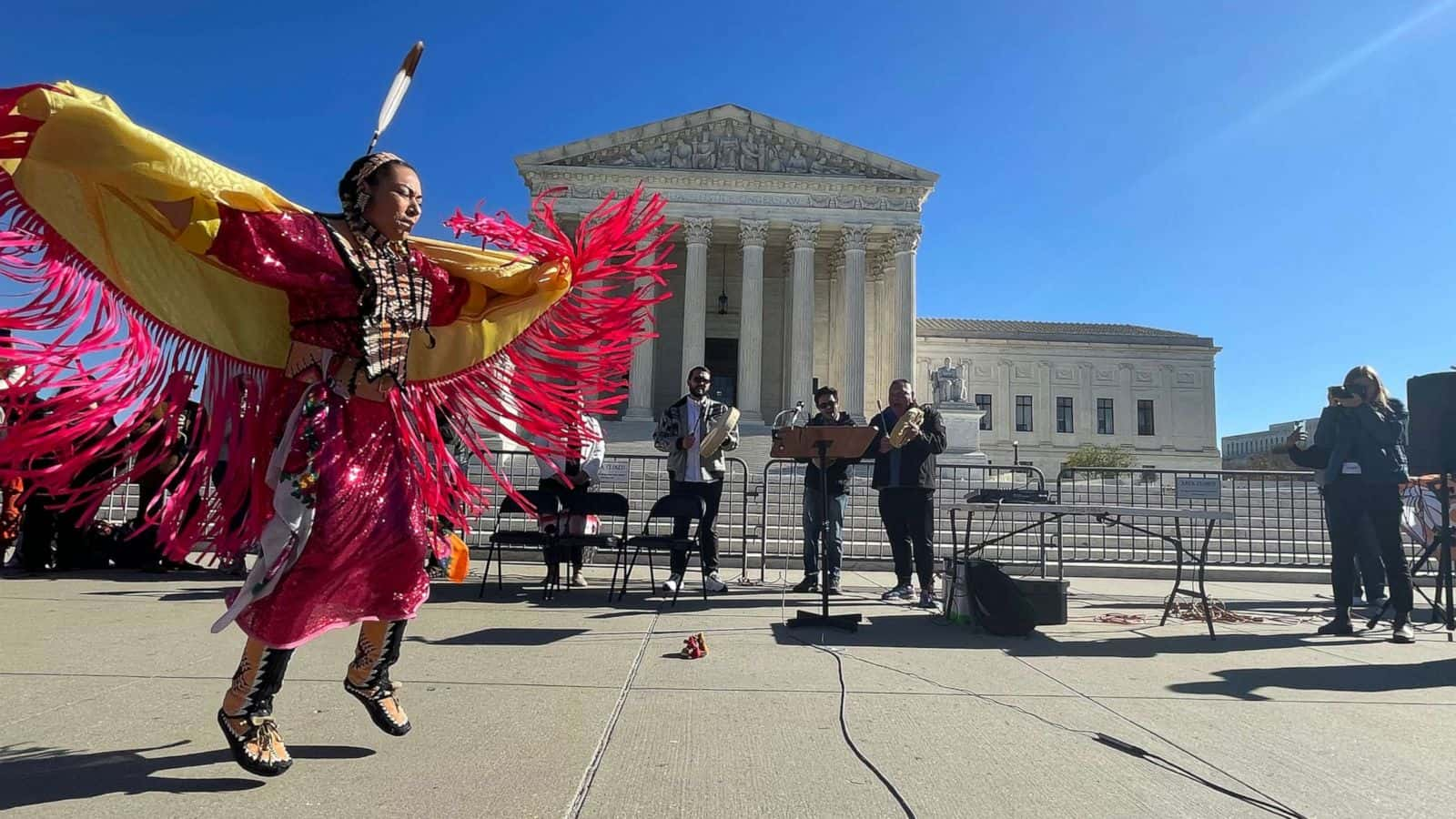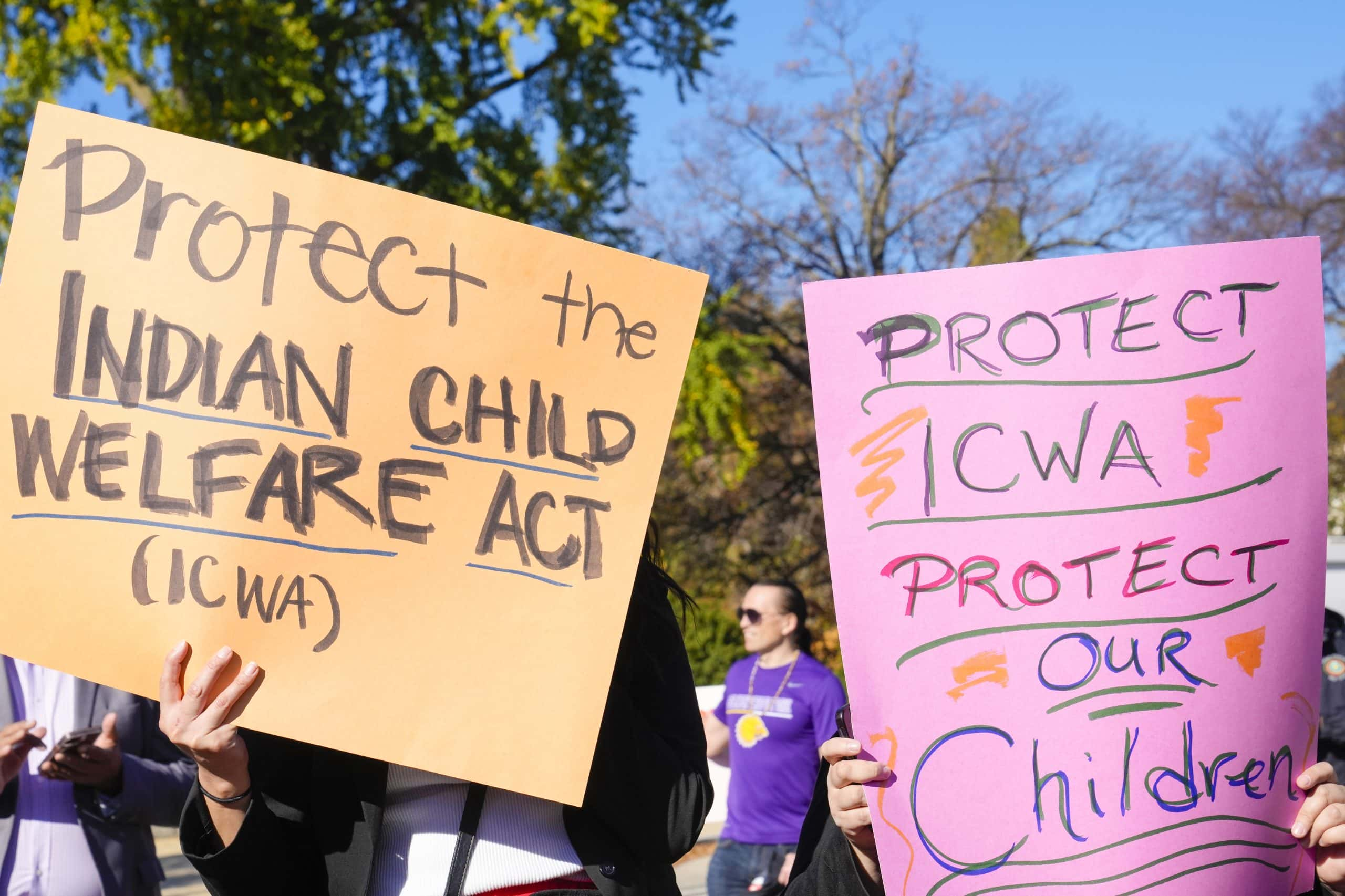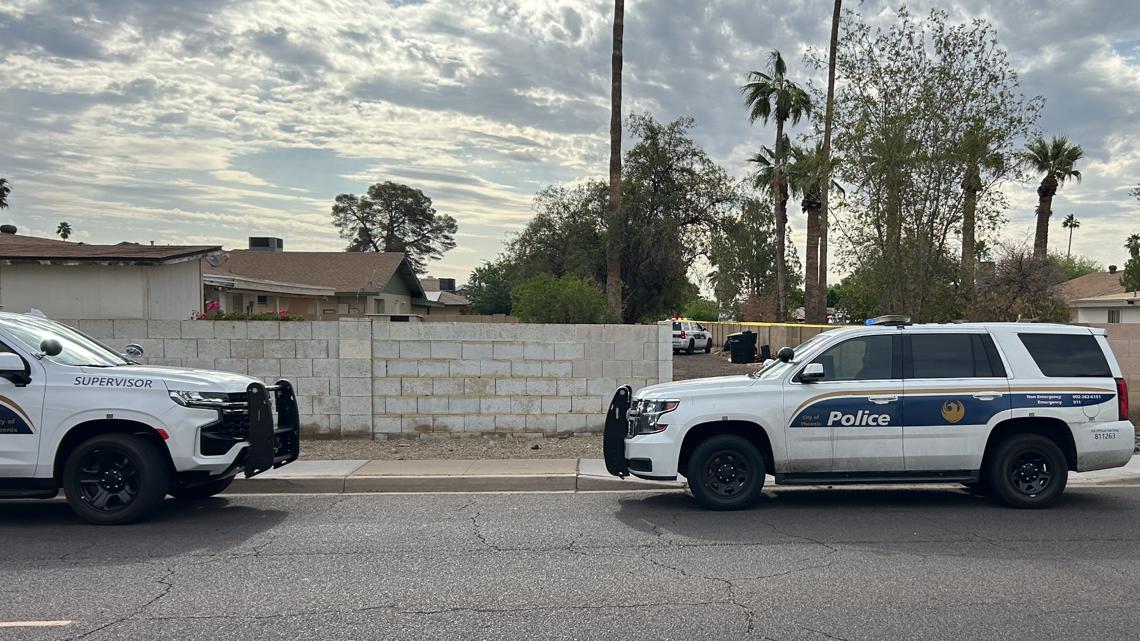The case, known as Haaland V. Brackeen, involved a birth mother, foster and adoptive parents, and the state of Texas.

In a 7-2 ruling, the Supreme Court dismissed constitutional challenges to a federal law governing the placement of Native American children in foster or adoptive homes
They argued that the law exceeded federal authority, infringed on state sovereignty, and discriminated based on race. Writing the majority opinion, Justice Amy Coney Barrett stated that although the issues were complex, the court rejected all the challenges to the statute, either on the merits or due to lack of standing. Justices Clarence Thomas and Samuel Alito dissented.
The Indian Child Welfare Act, enacted in 1978, aims to maintain the connection between Native American children and Native families by prioritizing Native families or institutions during foster care and adoption proceedings. The law’s definition of “Indian child” includes not only those who are tribal members but also those eligible for membership and biological children of tribal members.
The dispute that reached the Supreme Court arose from three child custody proceedings in which the Indian Child Welfare Act was invoked. White foster and adoptive parents, supported by Texas, argued that the law’s racial classifications unlawfully hindered non-Native families from fostering or adopting Native children.
Initially, a federal district court ruled in favor of the families, but the U.S. Court of Appeals for the 5th Circuit upheld the law, stating that its preferences for prioritizing “other Indian families” and “Indian foster home[s]” over non-Native families were unconstitutional.
The appeals court also affirmed that some of the law’s requirements violated the 10th Amendment
Justice Neil Gorsuch, joined by Justice Sonia Sotomayor, concurred with the majority opinion, praising the law’s constitutionality and emphasizing Congress’s intent to protect the rights of Indian parents, children, and communities. In contrast, Justice Thomas dissented, arguing that Congress did not have constitutional grounds to exercise a “plenary power” over Native American affairs.
President Biden expressed support for the majority’s ruling, emphasizing the historical significance of the Indian Child Welfare Act in addressing past injustices and safeguarding the rights of tribal members to raise their children free from external interference.
The Supreme Court’s decision upholds the law and ensures the continued protection of Native American children’s cultural connections and tribal communities’ sovereignty.
READ ALSO: British Woman Receives 22-Year Prison Sentence For Bouquet Of Flowers Stabbing




